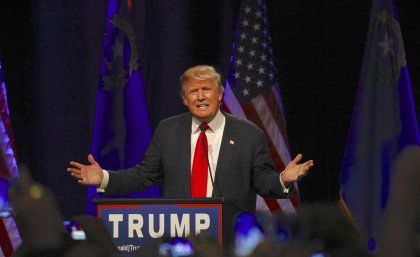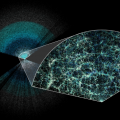
Media gaffes, inappropriate comments and the short fuses of Tony Abbott, Shane Warne and Donald Trump may be criticised, but do they serve another function?
A research team from The University of Queensland School of Psychology, led by Dr Jason McIntyre, has suggested lapses in self-control can establish a perception of power.
“Like other animals, humans are particularly good at determining where a new group member fits on the social ladder,” Dr McIntyre said.
“Self-control, or lack thereof, can be one cue that we use to gauge someone’s status.
“Ironically, the tendency for politicians and other leaders to behave impulsively may signal to party members and the public that they possess power.”
Dr McIntyre and co-authors Professor Bill von Hippel and Dr Fiona Kate Barlow noted that low levels of self-control were traditionally associated with poor life outcomes.
However, low self-control also advertises power to new acquaintances.
“Because politicians, sports stars and others in powerful positions feel licensed to act impulsively and inappropriately as they’re unlikely to suffer the consequences of this behaviour, we have learned to infer social status based on these cues,” Dr McIntyre said.
“The behaviour of people with impaired self-control and people in high positions of power are often indistinguishable.
“For example, narcissism is a quality displayed by people who possess and seek power, and it is particularly exaggerated among people with low self-control.”
The research is published in the journal Social and Personality Psychology Compass.
Media: Dr Jason McIntyre, j.mcintyre@liverpool.ac.uk; Dr Fiona Barlow, f.barlow@psy.uq.edu.au; Kirsten O’Leary, k.oleary@uq.edu.au, +61 0412 307 594.











